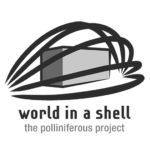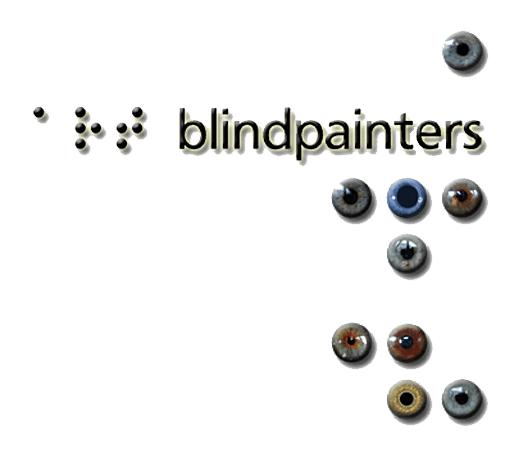
The World in a Shell – polliniferous project (WiaS) is a vehicle for intercultural exchange and intellectual cross-pollination underpinned by social and ethical concerns. It is an interdisciplinary project operating within the liminal spaces between art, science and education – with references to environmental/green living and humanitarian issues (specifically disaster management and the reduction of space availability).
Up to this day, it still is the ultimate of all living/working spaces based on the physical outlines of a 20′ sea container.
New ‘Concepts of Homes’ are more than ever needed in times of changing climates and mass mobility. WiaS presents an architectural challenge, a cutting edge engineering stunt, a ‘paradigm-shifting-intervention as project-in-the-make at the TUDelft University for Technology (2000-2005) and has been an inspiration source for the tiny and container based house movement and the incentive for DUWO’s first student containers in 2003.
However, as an artist-in-residence and walk-in-sculpture it transmits energies, a bit of magic, where ‘art meets science’, a divine symbiosis of the tangible and the intangible, a pleasure to experience, be it the aesthetics, the acoustics or the techno-nurdiness. Perfect for a wide variety of activities. The more far out, the better! Latest installation as ‘Future Pollination Lab’ with inspiration sessions on swarm-intelligence and why a healthy social cohesion is a precondition for environmental sustainability. Look it up on FB.
Artist Hans Kalliwoda researches and explores the essentials that enable an autarkic and mobile lifestyle, potentially desirable for the twenty first century world citizens.
As a high-tech multi-purpose installation, WiaS is based on the dimensions of a standard sea container, yet folds out to be seven-fold of its original size. With a self-sufficient and energy-independent infrastructure, WiaS can function in any climate or geographical environment. It is powered by renewable energy (wind and solar) with an immense energy storage capacity and digital interface. In technical terms it is the world’s most powerful micro-grid technology for its size running on renewable energy. WiaS also utilises technologies that can be used without degrading either the environment or the values and lifestyles of the peoples it visits.
Through an artist intervention process, WiaS has been developed at the Delft University for Technology, practically engaging a wide variety of faculties, received grants, and sponsorship by 75 institutions (and other sponsors). For the research, design and building phase approximately 50 years of labour has been invested and UNESCO Paris honoured WiaS by awarding it’s patronage.
Technology advancement for its own sake was not the goal; by contrast, the aim was to develop a vessel that facilitates personal interaction, the sharing of knowledge, and to suggest broad solutions regarding autonomy and decentralisation. In this context WiaS most desired function is as an artist laboratory in order to both tell and collect stories.
It turned out that it is too costly to move the project to different continents to execute projects. We decided that the only thing to go forward with this idea is to find an independent art-mecenas, who is able to see the opportunities as both, a cultural vessel including the artist as catalyst that can bring real change about and as a worthwhile financial investment.
If the above criteria is met and (THE GODS ARE PRESENT), we can go through with the invitation by the San (Bushmen) of a tiny village in the Kalahari Desert, to install a “coming of age” interdisciplinary-media project – essentially staged in a swap-shop situation with local people. WiaS will be remodelled into a cinema, a stage for theatre, and a workshop for film- making. The title of these activities is WHILE THE GODS ARE ABSENT. The Inuit Mayor of Ilulissat in Greenland has also invited WiaS. The installation will be set up in villages to work together with the locals on pressing contemporary issues.
The board of advisors for these ventures includes Charles Esche, previous director Van Abbe Museum, Eindhoven, Jan Pronk, previous Minister Foreign Affairs and Housing, prof. International Development ISS, The Hague, Paolo Bianchi, independent curator and art critic, Baden/Switzerland and Rob Docter, previous director of the Berlage Institute in Rotterdam, the Netherlands.
The practice-based artistic research conducted with WiaS has been chosen for hosting by the Australian organisation ‘Project Anywhere’ and presented at their symposium at Parsons New School NY.NY..
